
Moving to Germany feels like a win until you find yourself decoding crosswalk signs or side-eyeing the recycling system. You’ve got the visa and maybe even crushed a few Duolingo streaks. But reality quickly kicks in. Relocating from the US comes with twists no one mentions. Here are ten truths you’ll wish you knew before boarding that flight.
Sundays Feel Like A Time Machine

Germany treats Sunday like sacred silence. By law, stores are closed, and quiet hours extend into homes. Even IKEA locks its doors. Locals know to finish shopping by Saturday evening because Sunday is about switching off. So, if you’re used to Sunday hustle, expect this rhythm to feel slow and oddly refreshing.
Recycling Becomes A Lifestyle
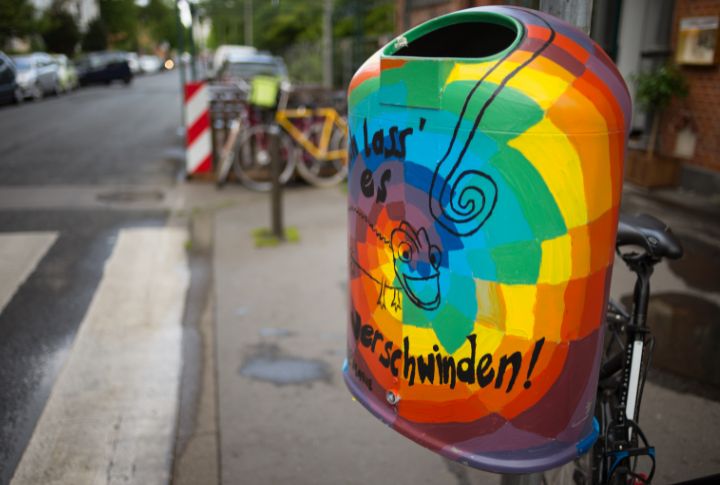
Once you’ve unpacked, Germany’s recycling system will grab your attention fast. Waste must be sorted into paper, plastic, bio, and residual bins. Returnable bottles also carry deposits worth collecting, and bin pickup follows a color-coded schedule. An article published on Earth shows Germany recycles more than 65% of its waste, which makes it top in Europe in environmental discipline.
Cash Is Still King

After you reach Germany, eventually you’ll reach for your card and hear “Nur Bargeld.” Many spots still only take cash or EC cards. Some bakeries won’t even take cards under ten euros. The country trails behind most of Europe in digital payments. Thus, make carrying cash your new daily habit, even for parking or public bathrooms.
Silence Is Golden
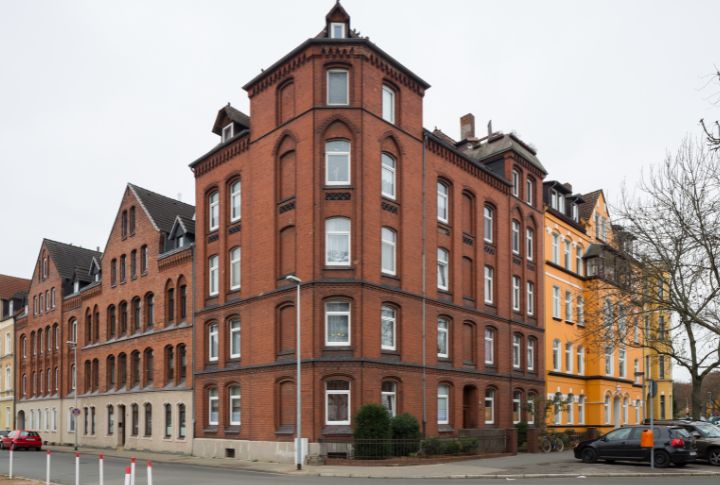
The rhythm of living in Germany includes knowing when not to make noise. Since quiet hours are legally enforced, breaking them can lead to warnings or fines. Some buildings even post showering and flushing times. Tenants also use soft-close lids and slippers to avoid trouble. All these might feel strict at first, but you’ll settle into it faster than you think.
Healthcare Is A Public Affair

Healthcare is one of the first things to sort out upon arrival. Germany gives you 14 days to register for public or private insurance. The public system usually handles basics, with no co-pay needed. Doctor appointments are easier if you call early. And yes, cash matters here too.
Tipping Is Subtle But Expected

What may surprise you next is how tipping happens. In Germany, you round up politely or add 5 to 10 percent for good service. Instead of leaving money behind, you say, “Make it 22” as you hand over the cash. It’s known as “Trinkgeld”, a small thank-you that’s woven into everyday routine.
Street Rules Actually Matter
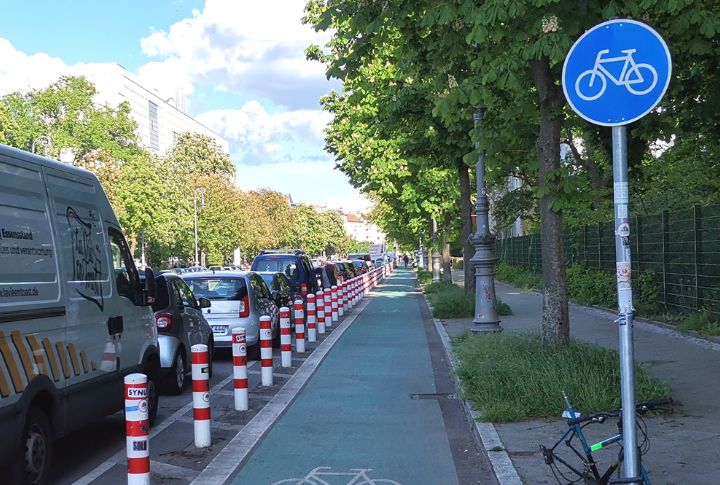
When you start navigating on foot in Germany, don’t expect leniency. Jaywalking is strictly forbidden, especially when kids are nearby. Bicycle lanes are reserved for cyclists, even on sidewalks. Children learn traffic rules before school starts, especially when a casual step out of line can earn them a fine or a sharp tongue from a stranger.
Apartments Often Come Bare
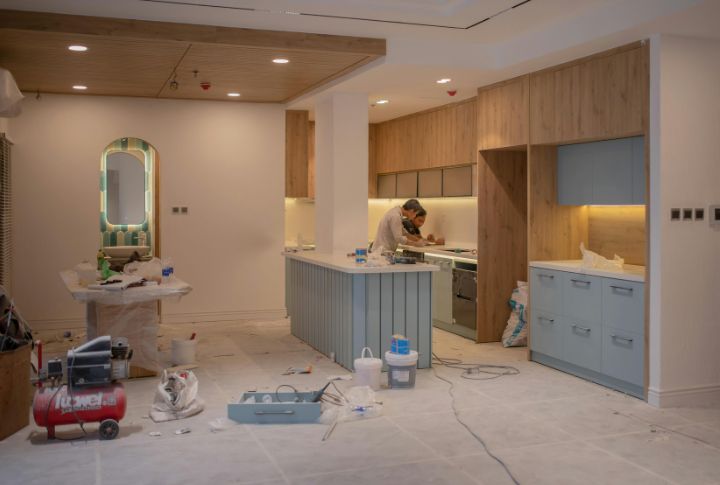
Now, don’t be shocked when your new apartment feels more like a construction zone when you move in. German apartments labeled “unfurnished” mean truly bare. Walls and pipes might be all you get. Some tenants literally take their kitchen with them when they leave. Before signing anything, also factor in installation and furnishing costs as part of your relocation expenses.
Grocery Shopping Has A Rhythm
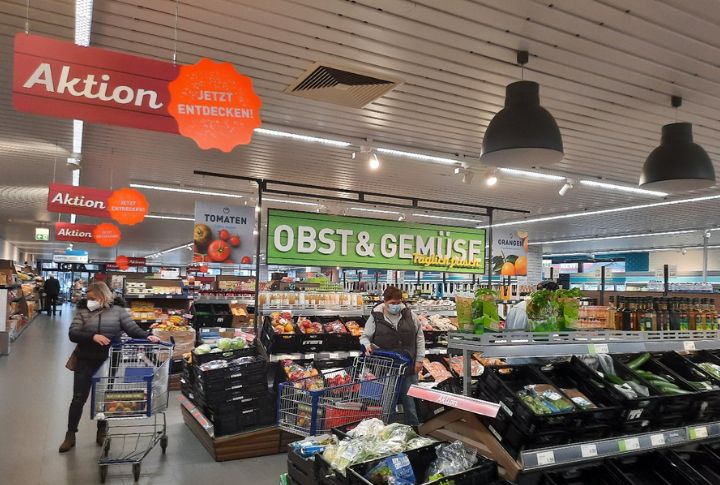
Once you’re inside a German supermarket, the rhythm shifts. You need to bag your own groceries fast. Stores such as Rewe charge for bags, thereby making BYOB a trend. Midnight snacks aren’t an option as most shops close by 8. That’s why grocery runs work best early, with your list ready and no last-minute scrambling.
Friendships Aren’t Rushed Here

Unlike in the US, meeting people in Germany feels slower. Locals aren’t into surface-level chats. You may not get invited to casual hangouts early on, but connection does come with time. Knowing a bit of the language breaks the ice. Local clubs help too. You won’t find instant best friends, but if you show up, bonds start to form.

